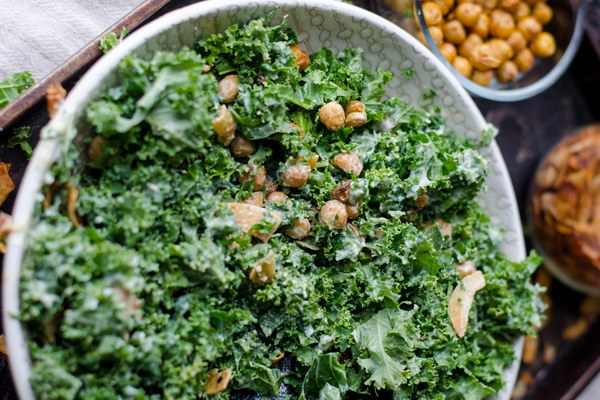Nourish Your Body, Enhance Your Well-being Mastering the Art of Dietary Health
In today's fast-paced world, maintaining a healthy lifestyle can be challenging. However, one of the most crucial aspects of wellness is what we put into our bodies. Dietary health is not just about losing weight or following trendy diets; it's about nourishing our bodies with the right balance of nutrients, vitamins, and minerals. This article will guide you through the essentials of crafting effective dietary health content, helping you to not only understand the basics but also to inspire and educate others on the path to better health.
1. Understanding Your Audience
Before diving into the content, it's important to know your audience. Are they fitness enthusiasts, busy professionals, or individuals looking for a lifestyle change? Tailoring your message to their needs and interests will make your content more relatable and engaging.
2. Emphasize the Importance of Nutrition
Start by highlighting the significance of nutrition in our daily lives. Explain how a balanced diet can improve energy levels, enhance mood, and prevent chronic diseases. Use statistics and studies to back up your claims, making your content more credible and persuasive.
3. Share Simple, Practical Tips
People often struggle to incorporate healthy eating habits into their daily routines. Provide simple, actionable tips that are easy to follow. For example, suggest incorporating more fruits and vegetables into meals, choosing whole grains over refined ones, and staying hydrated.
4. Introduce Nutrient-Rich Foods
Highlight specific foods that are rich in essential nutrients. Discuss their health benefits and how they can be incorporated into different meals. For instance, introduce the benefits of omega-3 fatty acids found in fish and flaxseeds, and the importance of antioxidants in berries and dark chocolate.

5. Share Meal Planning and Cooking Tips
Meal planning can be a game-changer for maintaining a healthy diet. Share tips on how to create a balanced meal plan that includes a variety of nutrients. Additionally, offer cooking tips that make healthy meals more enjoyable, such as using herbs and spices to enhance flavor instead of salt and sugar.
6. Encourage Mindful Eating
Mindful eating is about paying attention to the food we eat, its taste, and how it makes us feel. Encourage your audience to slow down and savor their meals, which can lead to better digestion and a greater appreciation for the food they consume.
7. Address Common Dietary Challenges
Acknowledge the challenges that come with maintaining a healthy diet, such as food cravings, time constraints, and social situations. Provide practical solutions and strategies to overcome these obstacles, making your content more supportive and relatable.
8. Share Success Stories
Real-life examples can be incredibly motivating. Share stories of individuals who have transformed their health through dietary changes. Highlight their journey, challenges, and successes, and how they overcame obstacles to achieve their goals.
9. Offer Resources and Further Reading
Provide your audience with additional resources to help them on their journey to better health. This can include links to reputable websites, books, and other articles that delve deeper into the topic of dietary health.
10. Be Consistent and Engage with Your Audience
Lastly, maintain a consistent presence on your platform by regularly publishing content. Engage with your audience by responding to comments, answering questions, and addressing their concerns. This will help build trust and loyalty, making your content more effective in the long run.
By following these guidelines, you'll be well on your way to crafting compelling and informative dietary health content. Remember, the key is to provide valuable information, inspire action, and support your audience in their journey towards better health.









